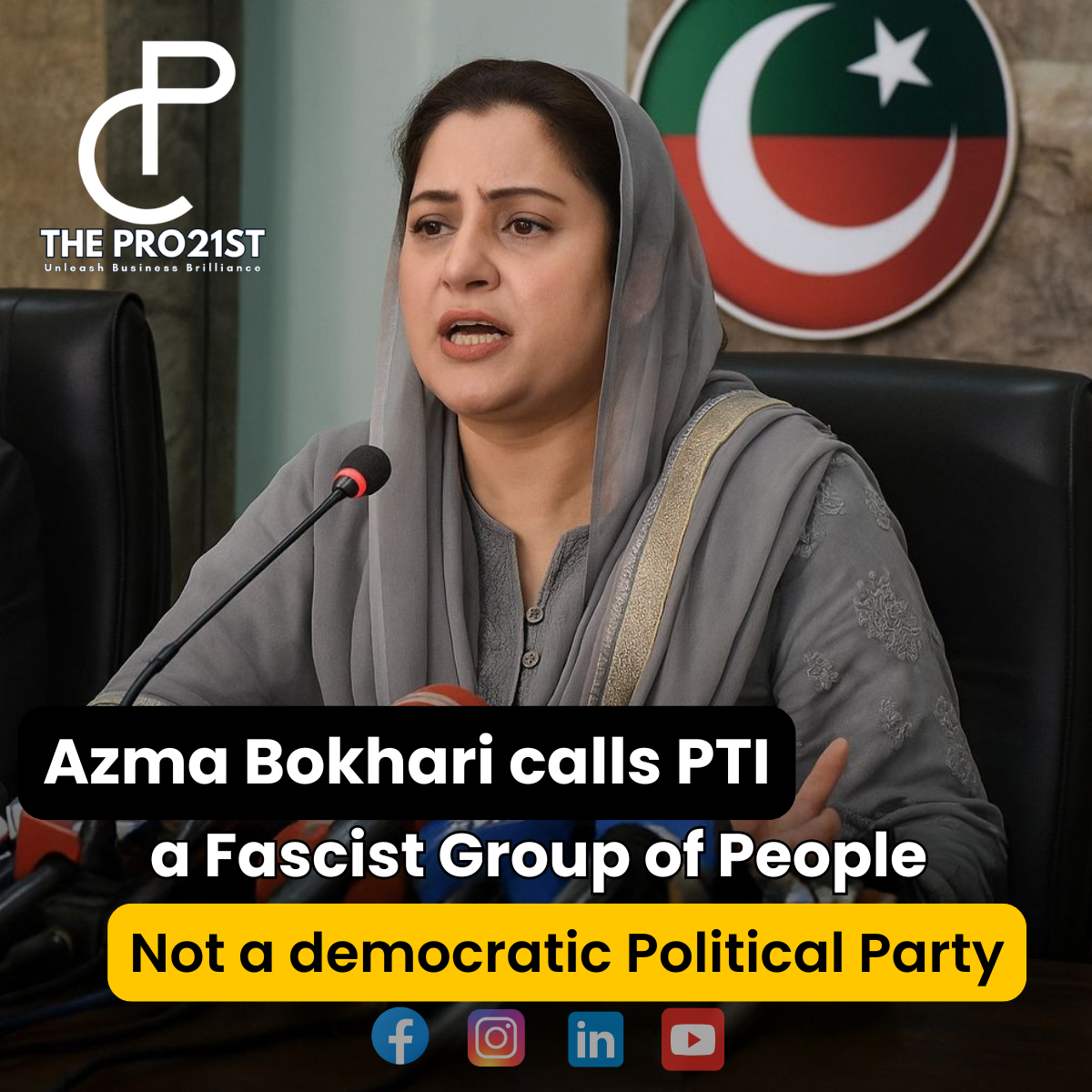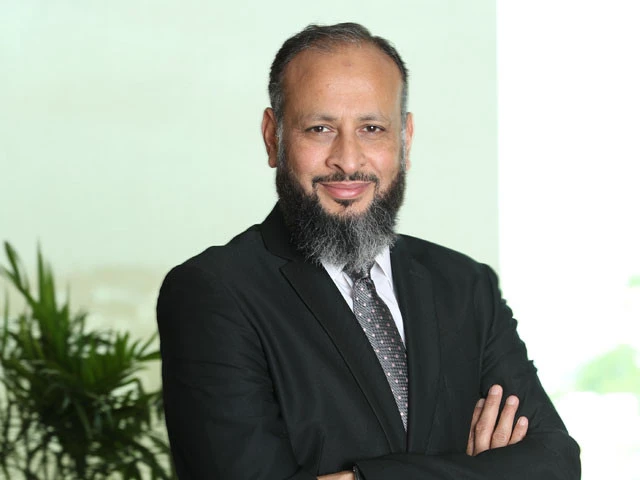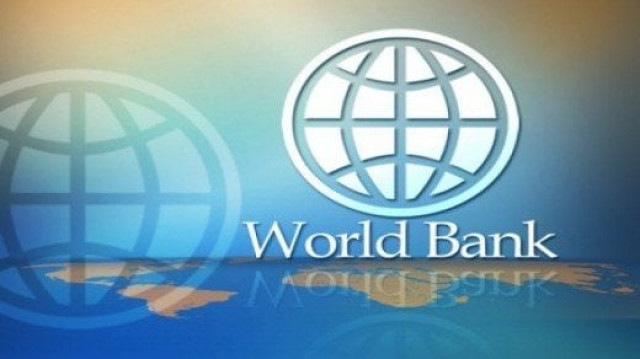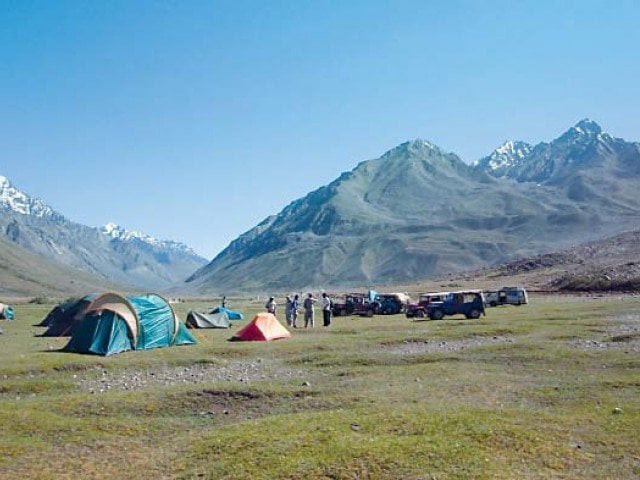Understanding the Political Landscape: A Look at Recent Developments
In the ever-shifting sands of Pakistan’s political scene, the spotlight recently turned to Punjab Information Minister Azma Bokhari. During a press conference in Lahore, she made strong claims about the Pakistan Tehreek-e-Insaf (PTI), describing it not as a legitimate political party but rather a “fascist group” aimed at destabilizing the nation. Bold statements like these can stir the pot and provoke discussion, shedding light on the intense political rivalries at play.
Bokhari accused PTI of sowing discord and undermining the country’s stability, asserting that the party’s participation in recent by-elections was marked by fear of public rejection. This fear, according to her, was evident during the May 9 incidents, which she dubbed unforgivable actions that should not be repeated. She emphasized the need for a cohesive national narrative, arguing that "to move the country forward," it’s vital to rid the society of chaos-causing factions.
Interestingly, Bokhari raised questions about PTI’s legitimacy, suggesting that a group involved in “guerrilla-style conspiracies” cannot simply be considered a political entity. She characterized this behavior as harmful to Pakistan’s law and order, highlighting the stakes involved in maintaining a stable political environment.
Additionally, she took a critical stance on PTI’s planned protests, calling out their tendency to take to the streets while ignoring pressing national issues. As the PTI prepares for an upcoming demonstration, questions linger about the level of public support they might garner—a sensitive topic in a nation looking for unity amidst division.
On foreign affairs, Bokhari did not hold back in alleging that former Prime Minister Imran Khan was furthering American interests, thus complicating Pakistan’s relationship with both local and international stakeholders. This perspective adds another layer to an already complex narrative about political loyalties and the quest for true sovereignty.
Her remarks highlighted not just the political landscape but also expressed the present government’s commitment to various welfare initiatives, like tackling sugar hoarding. With Chief Minister Maryam Nawaz championing strict measures against such practices, the administration is positioning itself as the defender of the public good.
In the face of these developments, staying informed and engaged with contemporary issues is essential. As citizens navigate through layers of political discourse and public sentiment, platforms like Pro21st can provide insights, discussions, and opportunities for connection. Whether you’re looking to understand more about current events or want to participate in meaningful dialogues, engaging with resources that foster community can enhance your comprehension of these critical matters.
At Pro21st, we believe in sharing updates that matter.
Stay connected for more real conversations, fresh insights, and 21st-century perspectives.





